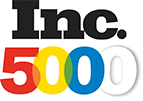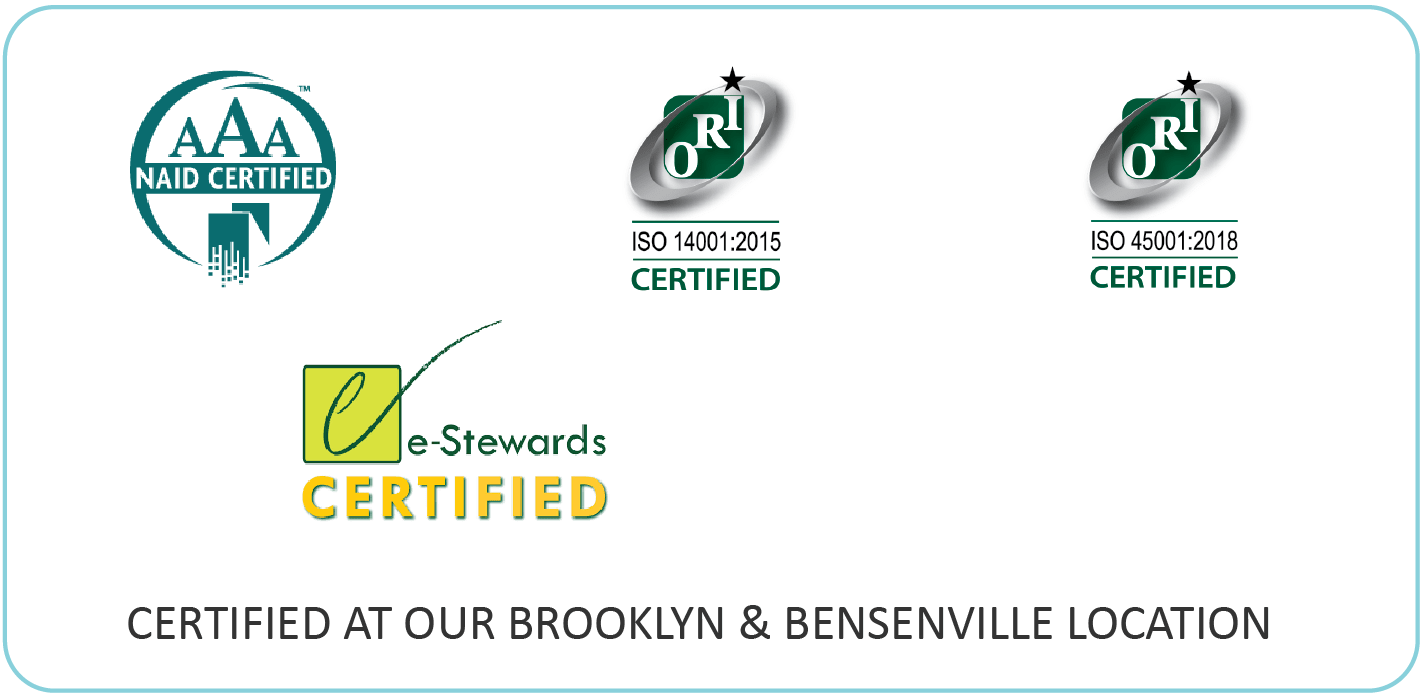Computer Operating Systems And Their Personalities
Computer Operating Systems And Their Personalities: What Does Your OS Say About You?
If you’ve spent any time at all on social media sites, then you’re probably familiar with the ever-popular “personality quizzes” that get passed around. By now, you probably know which Harry Potter character you are, which Disney character is your arch nemesis, and other fun, but pointless facts. There’s even a quiz that will tell you which Golden Girls’-inspired cheesecake you should eat.
But, as funny as those quizzes can be, there is something that can honestly pinpoint how your business operates – your choice in computer operating systems. It’s true. Every OS has its own unique personality and as a result, you choose it because it works for you. Here’s our breakdown of the most common enterprise-class operating systems and what they say about you.
Windows Operating Systems
Introduced in 1985, Microsoft’s Windows Operating Systems now run on approximately 90% of all personal computers. And, with Microsoft’s Server platforms also taking a huge swath of the networking market, the combination makes the software giant’s operating system an extremely easy, popular, and conventional choice among CTOs.
If your company uses Microsoft-fueled computers and networking equipment, then you most likely have a grounded personality and a business that operates on practicality. There are no surprises here. You work hard, your business colleagues like working with you, and your business runs smooth and steady.
Mac Operating Systems
The first Apple Computer featuring the Macintosh (Mac) Operating System was released in 1984. It was the first to feature a graphical user interface using windows, icons, and a mouse and it was applauded for its ease of use. Like most of the Apple products that followed it, the original Mac computer was an innovative piece of equipment that changed the technology landscape at the time. The only problem was that it was extremely restrictive due to the GUI being embedded within the operating system. This required every application intended to be run on a Mac to have a similar interface and this forced many software designers to avoid producing products for the operating system in the company’s early days.
If your business IT infrastructure is based on Apple’s OS, then you’re probably a forward-thinking business professional who eyes innovation over collaboration. Like your OS, you are reliable and respected, cool and stylish, but you might not always be the most liked person in the room.
Linux Operating Systems
Linux is a freely-distributable open source operating system that over the years has become the darling of the independent and creative set. Because it is open source, it has the ability to run on a range of different hardware platforms, even on PCs and Macs. Although it is not as popular as Windows or Apple OS among enterprise-class IT departments, Linux remains an extremely popular alternative to proprietary operating systems among those who prefer more freedom within their computer operating systems.
If you’re a Linux user, then odds are you’re a creative, inspired, and self-reliant type of business professional. You’re a self-starter and independently-minded. You rail against the status quo and love taking on new challenges. Unfortunately, this can also work against you as you may find it hard to collaborate with others and this could have an impact on your company’s growth potential. But, of course, you probably look at that as just another code to break.
Time to Update Your Computer Hardware? Call Liquid Technology Today
If your company is planning an IT overhaul because it is changing its infrastructure from one computer operating system to another, then Liquid Technology can help you manage your excess IT inventory. Just contact us today for fair prices and fast removal of your excess IT assets. We are here to help you – quickly and easily. We can be reached by calling our toll-free number, by email or simply complete our quick form and one of our experienced Assessment Specialists will promptly respond to you. Feel free to include a spreadsheet of your excess IT equipment to help expedite the process.



